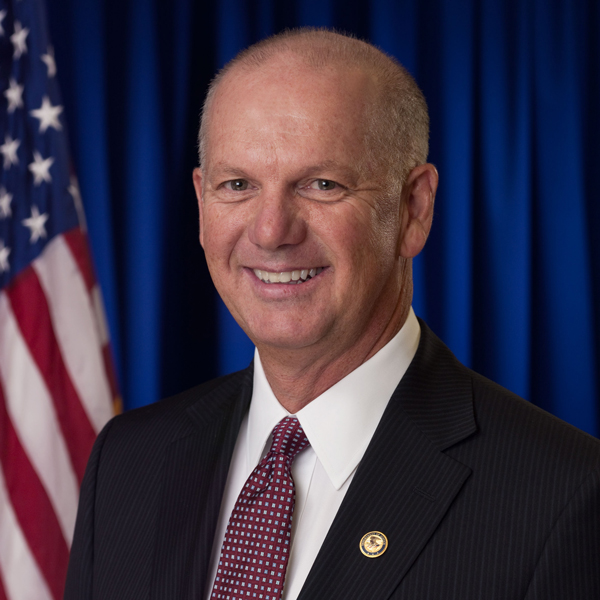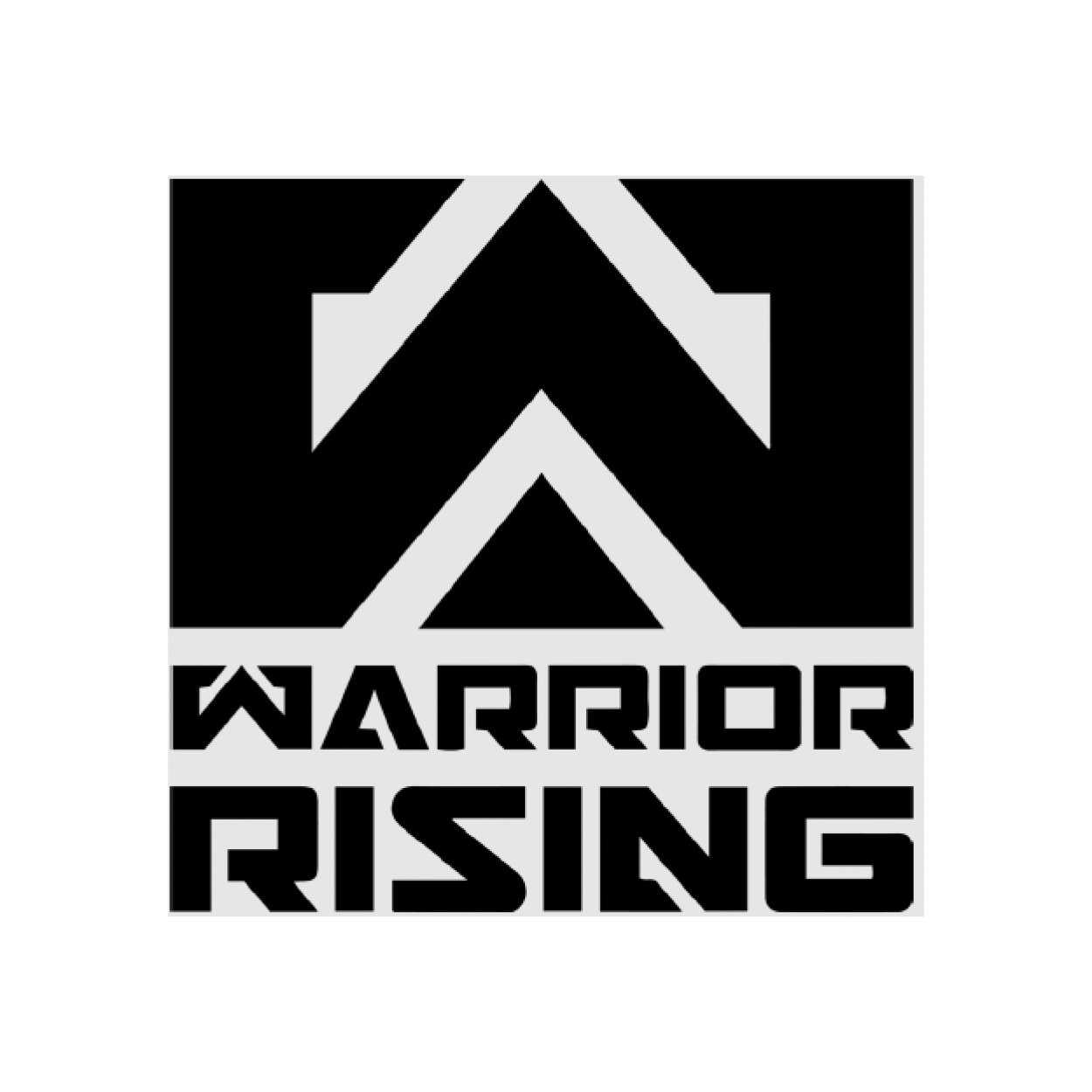
Chris Smit
- Global Culture Expert
- Global Diversity Manager
- InterCultural Management Expert
- International Public Speaker on Business & Leadership
Travels From
France
Culture Matters when you're doing business internationally
Humor and culture in international business | Chris Smit | TEDxLeuven
Chris Smit Speaker Biography
The Global Expert, Chis Smit, has become a role model for many individuals throughout his career. Cultural Diversity and Company Culture can be greatly misunderstood within an industry that is continuously evolving and Chris is looking to spread awareness in these areas to help implement change. When booked as a speaker, Chris focuses on topics such as Intercultural Management, Leadership, Management, and Marketing.
In 1987, Chris attended the University of Amsterdam where he was awarded a master’s degree in Organisational Psychology. This was then followed by him gaining a Business Consultant role at KLM Royal Dutch Airlines. Dedicated to making a difference, Chris has now become a Managing Partner of Culture Matters. His beliefs not only benefit himself but thousands of people throughout the business world which is why he has been able to build a successful career.
Chris hosted the TEDx Talk ‘Humor and culture in international business in 2014, where he shared his perspective on business culture and the importance of businesses considering it. He is also the author of the two books, ‘How to Overcome Cultural Differences in Business and ‘Uncertainty Avoidance in International Business which have both become very popular. Due to his knowledge in multiple areas, Chris is highly respected and is now looking to share his experiences and speak openly about matters he believes need to change.
Chris Smit has been greatly recognized for his commitment and passion throughout his career. He has played a significant role in spreading awareness throughout the business industry about Cultural Differences and Company Culture and is now respected for the change that he is trying to enforce. Chris’s expertise and knowledge have allowed him to become an inspirational speaker, and when looking for someone to captivate an audience, look no further than Chris.
Intercultural Awareness & Skills
1. For CEO’s, Executives and Senior-level Managers
Due to the increasingly international and intercultural nature of businesses, leadership today requires the ability to direct and inspire across cultural boundaries.
Business Leadership
Although it sounds simple, business leadership is anything but. Leadership is ultimately about behavior, not about skills. Today’s global leaders have to guide, motivate and generate a sense of trust in the people, and their followers. This means demonstrating qualities such as reliability, honesty, humility, courage, commitment, sincerity, passion, confidence, positivity, wisdom, and sensitivity. However, these qualities are not culturally neutral.
Our corporate and business leadership training seminars are designed to help managers to unleash their intercultural potential. Our leadership coaching is designed specifically for each individual client to ensure a personalized, and therefore effective, service. Our training approach is centered on the development of unconscious competence through organic training methods.
Tailor-made Senior Leadership Workshop
Our leadership training courses are tailor-made for each individual client.
Examples of areas we examine include:
• The development of international business (from a cultural & business economical point of view)
• Cultural models of leadership
• What people desire in a leader – and how one can adapt behavior
• Culture clashes – and the way toward an effective resolution
• Behavioral Strategies for bridging cultural differences
• Intercultural (management) team building
• Effective communication across cultures
• Performance reviews – to measure is to know
2. For Managers, Sales (support), Middle Management, Operational staff
Today’s managers increasingly work in international and multicultural environments.
In addition to the normal pressures of people management, managers now must deal with challenges, conflicts, and misunderstandings stemming from cross-cultural differences. Effective management in the current environment demands cross-cultural competency in order to get the best out of a multicultural team.
Our Cross Cultural Management Training courses are designed to create awareness and skills by:
• Offering insight and understanding of each person’s own culture and increased awareness of how cross-cultural and intercultural issues manifest in the workplace.
• Coaching on skills such as communication, decision-making, teamwork, and conflict avoidance & resolution.
• Developing skills and approaches to deal with cross-cultural and intercultural issues.
• Providing tools on how to leverage cultural differences and synergize the potential of a multicultural team.
Our tailor-made workshops will be designed to help you maximize your people's potential.
These courses are best administered over a two-day period allowing you to better digest the variety of issues involved in intercultural management. This way it also complements a manager’s busy and pressurized environment.
However, we are also able to design and deliver high-quality one-day workshops that are equally insightful and productive/effective.
All our (senior) management courses are delivered by a cross-cultural communications expert with experience in management.
Objectives in dealing with cultural differences effectively have been defined as:
• Culture versus Individual: being able to identify whether perceived differences are actually attributable to the individual or have cultural merit.
• Customer Service: is not culturally neutral. Creating an insight into the cultural aspects of service (internal & external) will assist in a more effective approach toward those customers.
• Motivational drives: different cultures have different motivations. Wrongly used they can actually de-motivate a person, rightly used they can lead to higher productivity as desired.
• Tools: supply participants with tools to actively and constructively approach the different issues in their respective environments.
• Relationship building: within different cultures, there is a completely different meaning of the word “relationship”. When these relationships take shape in a positive and constructive way they will lead to (see next item)
• Mutual Trust: one of the most fundamental issues when doing cross-cultural business.
• Enhanced Awareness: of the “other culture” but even more important awareness of one’s own cultural biases (towards the “other culture”).
• Cultural Sensitivity: the ability to identify the cultural aspects in everyday working situations.
• Insight into intercultural communication and management skills
• Enhancement of the effectiveness of working in intercultural teams
Intercultural Sales
Selling Globally: Transcending the Cross-Cultural Barriers
• Are you prepared to sell across different cultures?
• How does culture determine and impact human interaction?
• Is customer loyalty affected by cultural variables?
• How does culture matching lead to sales effectiveness?
The key to successful selling lies in creating mutually valuable, long-term relationships with clients and customers. Although on a conceptual level, this sounds simple, the difficulty lies in the execution.
Purpose of this program
Compare and contrast different selling styles according to whether the focus is on the product, price, quality, and service as opposed to the seller-buyer relationship, involvement (short vs. long term), and adaptability or flexibility. In addition, the program will also focus on how to develop one’s cultural intelligence when it comes to selling across borders.
How you will Benefit
The seminar is designed to:
• Raise awareness of the multi-dimensional cultural aspects of global selling;
• Promote a deeper understanding of how cross-cultural differences can impact or affect both interpersonal relationships and sales transactions;
• Provide an opportunity to reflect on one’s own culture and behaviors and how to be more effective;
• Allow participants to interact and build network alliances.
• Focus on how to develop one’s cultural intelligence
Intercultural Negotiations
Working across international and cultural boundaries can be difficult and frustrating.
However, we believe passionately that everybody can deepen their understanding and build their skills in order to become more effective when working at an international level.
The costs of business failure can be extremely high as the record of failed cross-border alliances, mergers, and acquisitions shows. At the same time, the performance of highly competent individuals can be disappointing when making the transition from a domestic to an international environment. These costs and mistakes can be avoided.
The Intercultural Negotiations workshop is designed to provide the necessary solutions that assist individuals, teams, and organizations in understanding how they can operate successfully in the international arena as well as to overcome the difficulties that cross-border negotiations can bring about.
Cross Cultural Negotiation training is aimed at business personnel who are traveling abroad for negotiations or hosting clients/customers from other countries. The program is designed to provide crucial information on approaches to, tactics in, and the etiquette surrounding the negotiation process.
Areas covered are:
• Determining one’s style of negotiation and the underlying cultural assumptions it reflects.
• The etiquette of meeting, greeting, communication (verbal and non-verbal) gift giving, entertaining, and business meetings.
• Preparing for the negotiation – how to approach the negotiation, building rapport, and other preparatory steps.
• Having a deeper understanding of “the other” business culture: what motivates the “other” business person and how he/she prefers to negotiate.
• Necessary information – tips on what, when, and the way in which facts, statistics, and other supporting evidence should be used in negotiations.
• Being able to modify their communicational style appropriately and harmonize more successfully with “the other’s” expectations.
• Negotiation tactics – examining cross-cultural differences in negotiation styles such as haggling, stalling, changing demands, seeking concessions, and closing deals.
We take an individual approach to each of our clients and therefore only deliver tailor-made courses concentrating on the country/region you want.
Intercultural Presentation techniques
Making a presentation about your company, your products, your plans or even yourself is one of the most demanding tasks one can undertake in business. The audience might speak your language or be from your home country, or, more likely, as part of an international organization, speak different languages and represent many different cultures. Whatever the circumstance, you need the knowledge, skills, and confidence to create presentations that will inform, persuade and inspire wherever and to whomever they are made.
The way people respond to communication around the world is defined by personal and cultural values. So how can you pass or discuss information in an effective way with people from different cultural backgrounds? Language in itself is an important factor, but even when the language barrier has been overcome, there are often misunderstandings due to differences in styles of verbal and nonverbal communication, our reasoning, and expectations of each other.
Our workshop will:
• Provide an opportunity to acquire and practice the techniques required to deliver a clear and effective message
• Develop an understanding of the cross-cultural implications of the design and content of the presentation
• Offer advice on the effective use of ‘off-shore’ English
• Teach the skills required to adapt a presentation to a multicultural audience
• Learn how to manage and respond to a multicultural audience
• Provide expert analysis and advice through video playback and live audience feedback
The Outcome:
Participants will acquire the skills to create powerful and impactful presentations with effective outcomes, which can be adapted to audiences from a specific or multicultural backgrounds. The interactive and participative style of this 2-day workshop makes it particularly suitable for smaller groups (maximum 8 delegates).
Who should attend?
This highly interactive program is designed for anyone looking to develop or improve their ability to deliver clear and effective presentations to international audiences. Typically managers, sales executives, etc.
Intercultural Team building
In the current International business arena, the mono-cultural team is more and more a thing of the past.
The companies and organizations of today consist of people from all corners of the globe. Colleagues work in multi-cultural teams either in the same office or across borders. They either work physically together or virtually. Issues can and do arise in areas such as the approach of and towards management, expectations of fellow colleagues and the organization, decision-making, planning, conflict avoidance & resolution, and communication styles.
It is crucial that clear lines of communication are promoted and cross-cultural misunderstandings minimized if such multicultural teams are to function effectively.
We can assist you to get the best of your multi-cultural teams through our cross-cultural team-building courses.
The Benefits
Our top-notch cross-cultural team-building course is designed to:
• Facilitate the building of interpersonal relationships skills.
• Foster mutual trust, understanding, and respect.
• Help understand where cross-cultural differences lie, and how to overcome these.
• Provide solutions, tools, and techniques to facilitate the team-building process.
The workshop course is built around areas and approaches such as:
• Discover the way in which culture impacts businesses, personal relationships, and team building.
• Offer self-analysis exercises to help participants identify areas of conflict within a team, and provide tools to effectively overcome these.
• Agreeing on team goals and objectives.
• Addressing the underlying cultural genetics of differences.
• Investigate ways in which differences can be resolved.
• Establishing behavioral strategies for dealing with future issues.
Intercultural Competence
The Intercultural Readiness Check (IRC) is a valid and reliable questionnaire measuring four vital intercultural competencies.
More than 14,500 respondents have filled in the IRC so far, making its database one of the largest information sources on intercultural competence in the world.
The IRC is available in English, German, French, Dutch, and Japanese, with norm scores for a wide range of countries and industries. Respondents can access the IRC online and receive practical and in-depth feedback, providing input for detailed action plans and follow-up learning.
Intercultural competencies assessed by the IRC
Intercultural Sensitivity
Perception of different communication styles and interest in cultural norms and values.
Managing Uncertainty
Ability to manage the greater uncertainty of intercultural situations.
Intercultural Communication
Flexibility in communicating with individuals from another culture.
Building Commitment
Ability to stimulate cooperation between people, to take the lead while keeping others on board, and to develop an effective network of relationships in a diverse cultural environment.
Open Training Intercultural Management
The open course in intercultural management is more than just a course. By harnessing differences in culture and experience, we support people working in international business, for international institutions, or those accompanying their partner on a posting abroad, in order to help them to view their landscape through new eyes.
Facilitated by highly-qualified trainers, the program is based on Academic proven theories. Through a series of exercises and simulations, as well as their own business cases, participants practice and develop the intercultural skills needed when working in or with foreign cultures.
During this two-day program, you will be immersed in an intercultural setting as you and your co-participants develop intercultural knowledge and insight into your culture and that of others.
Building on sound academic research, the content of the open program is practical and relevant as it addresses the critical issues and emerging needs of people who work across cultures. We do not just transfer knowledge, we equip people with a sensitivity for change and adaptivity: a head to know, a heart to sense, and hands to act. Having followed the training, participants find it has a lasting impact.
Organizational Development
Simply put, an Organization Development practitioner is to an organization as a physician is to a human body. The practitioner "diagnoses" (or discovers) the most important priorities to address in the organization, suggests a change management plan and then guides the organization through the necessary change.
We can help your organization to align the human factor with your business requirements by addressing the following:
• How do we relate to each other, e.g. if we make a mistake will our colleagues genuinely help us out or will they secretly think "one up for me!"
• How do we relate to our work, e.g. do we execute our tasks in a meticulous way, or do we put the emphasis more on innovation and creativity?
• How do we relate to the outside world, e.g. do we know what is good for the customer, or do we do whatever the customer wants even if this may harm the customer's longer-term interests?
• The degree to which people are motivated either to work hard or to stay with the company, analyzed in terms of both internal and external factors.
• The leadership style and the degree to which the leadership style is accepted.
• The average profile of an employee.
Our Methodology
We have developed an analytical online measurement tool consisting of 7 dimensions.
Our model is based on the ideas, which have been developed by Dr. Bram Nuijen and others, as well as on our own research and advisory work.
Our methodology is based on the conviction that culture only becomes meaningful by comparison.
Thus the actual culture of the client will be compared with its optimal and desirable culture.
The optimal culture is defined by the strategic requirements a client has to meet in order to be and/or remain economically successful.
The outcome
What can you expect to do with the outcome of our online measurement tool?
• Assess whether internal change is unavoidable.
• Define change objectives explicitly.
• Define change strategy explicitly.
• Realise change objectives more effectively.
• Monitor the degree to which change is realized.
• Assess the feasibility of strategies.
• Realise strategic alliances, take-overs and mergers more successfully
Our approach
Our primary approach is modular. In other words, you will not be stuck with us for years to come (although you might value our expertise and way of working that you would not mind!). We assist you with interpreting the outcome of the online survey. Then it is up to you whether you think you still need us for further implementation of specific changes in your organization.



























